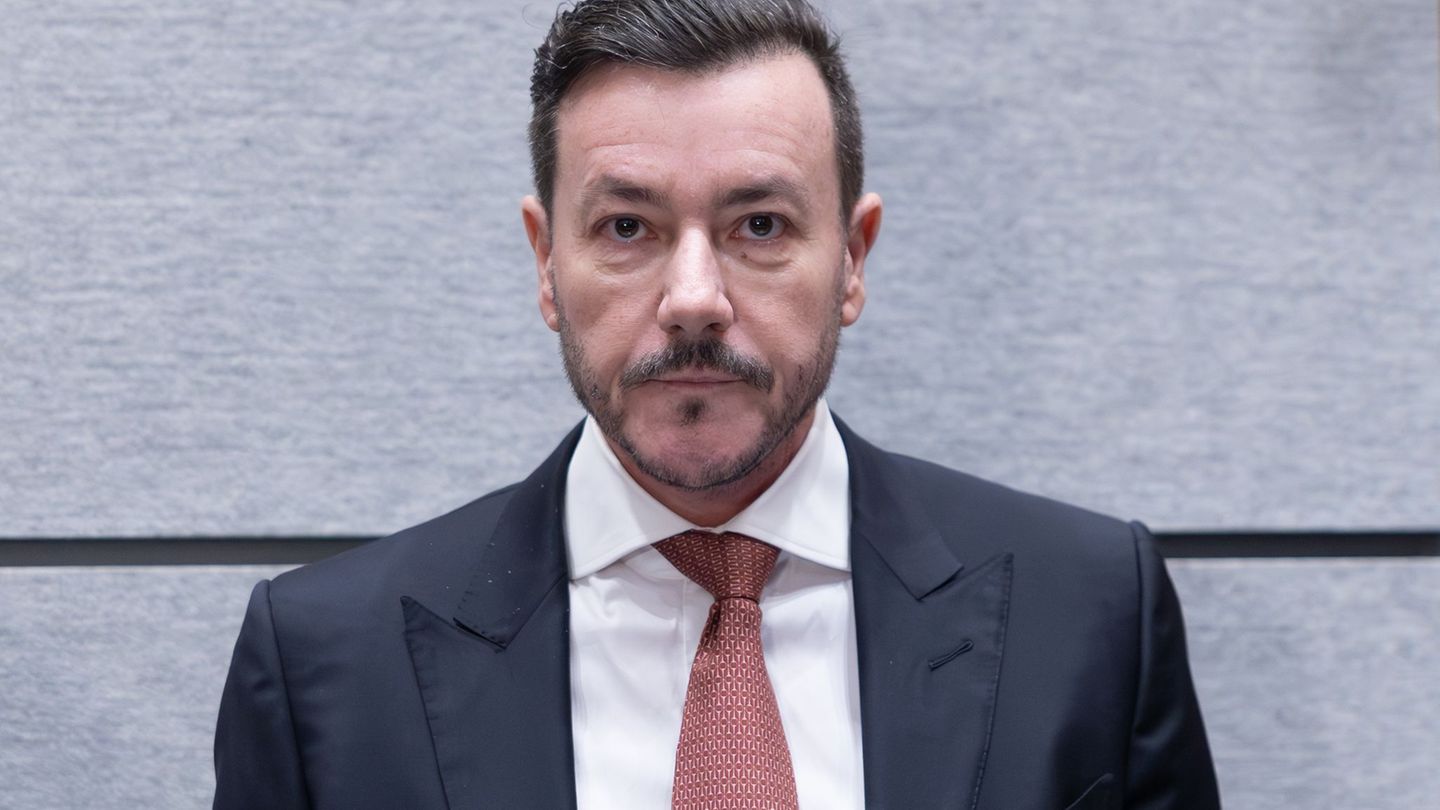Uruguay is recognized in the region for its high level of political institutionality but, recently, it has also stood out for its improvements at the level of economic stability, to the point that the three largest rating agencies have raised the country’s credit rating. Now, which of the two circumstances is a condition of possibility for the other?
Ambit spoke with two specialists based on the same question: Does the political institutionality characteristic of Uruguay Is it possible due to the relative economic stability or, on the contrary, are the improvements at the economic level what make an institutionalized policy possible?
“First of all, in theoretical terms, one can say that the relationship between one and the other goes in both directions. In any case, in situations of relative normality and thinking specifically about the Uruguayan case, I believe that the role that political institutions play in the creation of favorable conditions for the functioning of the economy,” he considered Jaime Yaffeprofessor of History and doctor in Political Science from the University of the Republic.
“The recent history of Uruguay shows that even in critical situations, political institutions have survived,” he said, recalling the 2002 crisis as the last specific case, and placing it in opposition to what happened during the dictatorship.
For Yaffé, the predictability of political functioning creates favorable conditions for the economy to function well. “Essentially because private economic agents have a reliability framework to invest and develop their businesses, but also because the stability of macro public policies contributes to shaping the behavior of economic actors,” he said.
Two aspects that evolve together
Bruno Gilieconomist and member of the consulting firm’s board of directors Agoraconsidered that “institutionalism is very relevant because economic policy is carried out by institutions.” “If institutions do not work well, it is very difficult to carry out economic policy.”
For him, meanwhile, institutionality has a broad meaning and contemplates from the Executive powerhe Central Bank of Uruguay (BCU) —with a certain degree of independence— and a Ministry of Economy and Finance (MEF) professionalized, up to a Justice independent that can arbitrate conflicts and provide certainty about the right to property; going by regulators of different markets that are technically trained to avoid overflows in the economy that lead to systemic risk situations.
Society also plays its role in the conception of institutionality that Gili postulated, as it is necessary for citizens to value economic stability, a healthy economy with necessary but limited interventions from institutions that surpass the party that is governing. Furthermore, he noted the consensus of the academy around certain criteria about the solvency of the economy and respect for the rules of the game, while the integral thinking of economists in Uruguay It is key since they “feed the ideas of the parties.”
This whole set of objective and subjective institutional issues are what, for the director of Ágora, made possible and, at the same time, were built alongside economic stability. “If one looks at the history of Uruguay In the ’90s, the country made a great effort in the institutions and in building consensus in the management of the country’s economy, that was advancing together,” he considered.
“When you are going to build an economically stable country, you build a set of laws and rules that build institutions, that seek to professionalize the economy,” said Gili, adding: “When that is a active country, removes a degree of freedom from those who make decisions so that they put economic quality at risk. And when citizens vote, it is good that they value economic successes, that makes up the institutional values of a country.”
PIT-CNT plebiscite.jpeg
The social security plebiscite raises questions
The election year brings the usual uncertainties due to the possible change of the governing party, regardless of whether the general institutional lines are maintained. 2024 is accompanied by the no less condiment of plebiscite against social security reform driven by the PIT-CNTwhich will take place in conjunction with the general elections in October.
Just as different international organizations, rating agencies and economists from all political spaces have pointed out, the constitutional reform in terms of social security sought by the union center would, in principle, mean important challenges for economic managementbut it puts stability at risk.
“The plebiscite is within the rules of the game of democracy Uruguay, of the institutional rules, and the citizens will have to decide, who will have to have enough responsibility to understand the consequences,” Gili considered.
The truth is that the challenge resulting from an eventual positive vote in the plebiscite will have to be faced no matter who wins. “The most complicated thing to handle would be that, since it is a constitutional reform, only another reform could correct it. That is the rigidity that it would introduce, but I believe that the Uruguayan political system has shown in this decade the ability to overcome these issues,” Yaffé pointed out.
For the political scientist, it would open “a political negotiation process “that will end up generating some type of adjustment to the system that avoids the most negative consequences that they have said it may have on the viability of the system and its impact on public finances.”
According to Gili, the biggest challenges will depend on how the eventual reform is financed: what taxes are added or increased, what things are left undone and how the pressure that the exacerbation of others Social problems begin to exert on the system. But this does not mean “pressure on the institutions.” “It poses many challenges, challenges for those who have to direct the economy, to continue development; but does not put economic stability at risk of the country nor to the institutions in trouble,” he concluded.
Source: Ambito




